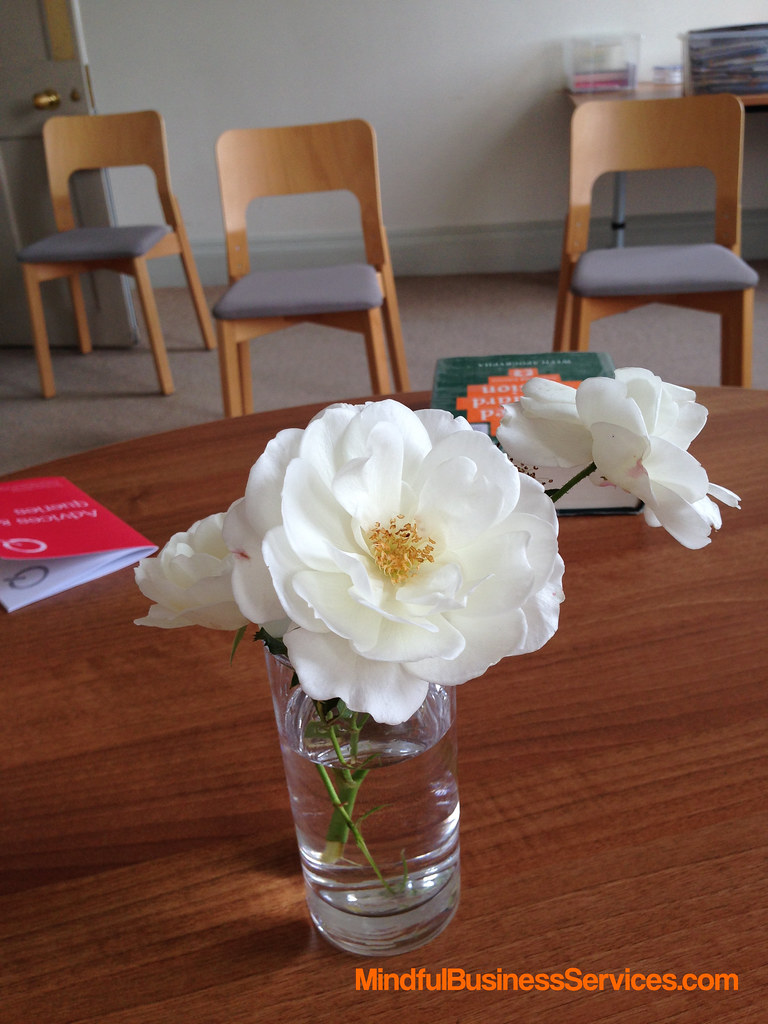 This is part of the Quaker Alphabet Project – click here for more information.
This is part of the Quaker Alphabet Project – click here for more information.
U is for Understanding
From Quaker.org.uk/wardens:
Many Quaker meetings appoint wardens, resident Friends, caretakers, managers, other employees or volunteers to manage, or work in meeting house premises and grounds. The nature of these roles varies according to the circumstances of individual meetings, but essentially arises from Friends’ desire to open the doors of their meeting houses and to provide a living contact between the meeting, its members and the local community.
Wardenship should be seen as an integrated part of Quaker life and worship which can foster a friendly atmosphere in a meeting house and give caring attention to all those details which make for conditions conducive to worship and welcome. It is also a responsibility to be shared by the whole meeting.
Some see wardenship as a form of service, others regard it as a very worthwhile form of employment. The benefit of good wardenship to a meeting can be beyond measure. However, both meetings and their employees should be aware of the rights and responsibilities of employers and employees and of importance of good, clearly structured employment practices.
Do you understand:
- What the Warden or Premises Committee members do in your meeting?
- What is the true time and skills required for the tasks you have asked them to do?
- How these role and therefore the expectations can vary from meeting to meeting and over time in the same meeting?
- How can you support both those giving service and those receiving it to understand each other’s needs and wishes?
In O is for Oversight I mentioned the responsibility on all members of a meeting to support those doing work on their behalf.
U is for Undervalued
Sadly one of the most common comments from Wardens is that members of their meeting don’t value their service. Usually as it is mostly behind the scenes and therefore often unseen.
Whilst Jane Stokes is talking about homemaking here this can also include wardening and the other caring for a meeting house that can go unseen.
23.64
There is much work to be done which is not paid, but which is vital, desperately undervalued and undertaken to a large extent by women. I refer, of course, to caring for children and/or elderly disabled relatives and homemaking. The work itself is often hard, stressful, mundane and repetitive, unseen and unacknowledged, with low status. We need a transformation of our attitudes to this work, giving it all the esteem it deserves.
<…>Voluntary work gives the sense of being able to give something – whether in time, money or expertise – and that is precious to the person doing the giving. The feeling of having contributed, the satisfaction of a job lovingly done, is the reward. We should not regard voluntary work as of less value because it is unpaid and the rewards intangible, nor should we exploit the goodwill of volunteers…
<…>
Everything in the end can be distilled to relationships – our relationships with each other and the earth. Our work must benefit our relationships rather than damage them, and we must ensure that neither the earth nor other people are exploited. Caring, not exploitation, is the key.Jane Stokes, 1992
Whilst at a Managing Our Meeting Houses course at Woodbrooke, I heard two statements which made me rethink how I think about Wardening.
The first was from Wendy Blake Rankin – an employment specialist who, whilst talking to a room full of Wardens remarked:
“Quakers exploiting Quakers is not Quakerly.”
By which she meant that oddly, many Quakers are quite happy to demand from other Quakers things that they wouldn’t from non-Quakers. There is a piece in Qf&P that says:
13.38 Wardens should not be asked to accept conditions of accommodation and work which most Friends would not tolerate personally. Casually made appointments can lead to misunderstandings and unintended exploitation. Meetings employing a warden are urged to consult with Quaker Life, to ensure that good practice is observed in their meeting.
It is hard for many Wardens to create boundaries between their own work, worship and service especially if they feel unsupported in creating those boundaries. This can lead to burn out, leaving of positions earlier than expected and many bad feelings.
While the second was from Kathleen Russell who whilst talking about employed and volunteer wardens and how to tell the difference who gave the following example which raised many a wry smile around the room.
“If your meeting could turn up on Sunday to find the building locked up tight and a note from your Warden on the front door saying, “Hi – I’ve gone to Peru!” and continue working – yes with some minor problems, but no real panic. Then your Warden is indeed a volunteer – if not, than they are probably are or should be an employee.”
Of course if you have a good Operations Manual, sensible Policy documents as reference, and there is continual liaison between all parties then it is easier for Premises and others to be the necessary back up or be able to take on the work during any time of transition.
There are ways to make Wardens feel more valued such as (gathered from conversations with Wardens over the last few years):
- a regularly reviewed job description and time expectations
- regular reviews with written summaries of the discussion or review
- support to create and maintain boundaries between work and home life
- backup to enable holidays and sick days to be time off
- awareness that leisure time is not available for work or ‘a quick chat’
- support to ensure that other members of the meeting don’t make unreasonable demands
- acceptance of them as full members of the meeting with their own spiritual journey
- appointment of specific Friends, or a group a Friends to provide specific support and a space to listen and explore their feelings related to their role
- offering training or paying for training when requested which relates to their role
- saying thank you on a regular basis
- arranging help for specific tasks and supporting working days when there is a build up of tasks for whatever reason
What other ways do you think show Wardens and similar roles that they are valued both for the service they supply and as individuals?
To browse through all of the posts click on the Quaker A-Z link here or in the side bar.






